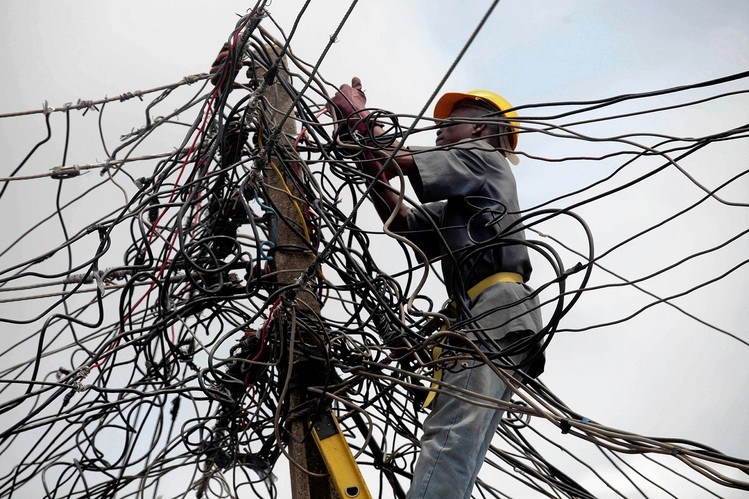Mr Sunday Oduntan, the Executive Director, Research and Advocacy of Association of Nigerian Electricity Distributors, ANED disclosed this at a news conference in Lagos on Tuesday.
According to Oduntan, there are challenges inhibiting power sector efficiency and they include liquidity gap of N1.3 trillion, lack of improved generation due to mismatched electricity pricing, lack of much needed investment in transmission and distribution network and rising energy theft among others.
“Except these challenges are addressed, we may not have stable power supply in the next five years,’’ he said.
Oduntan said that the illiquidity in the sector must be prioritised because the sector could not afford to collapse.
“If the power sector collapses, many banks will collapse because in 2013 during privatisation, only one Distribution Company obtained foreign loan, others took loans from local banks in dollars.
“Privatisation was based on 30 per cent equity and 70 percent loan.
“The model was borrowed from New Delhi, India and it is working as we speak. If it is successful in India, why is it not working in Nigeria,’’ he added.
READ: EFCC begins investigation into Obasanjo’s $16bn power project
Oduntan decried the prevalent non-reflective tariff and called on the government to prevail on the military, Ministries, Department and Agencies (MDAs) to pay for energy consumed.
